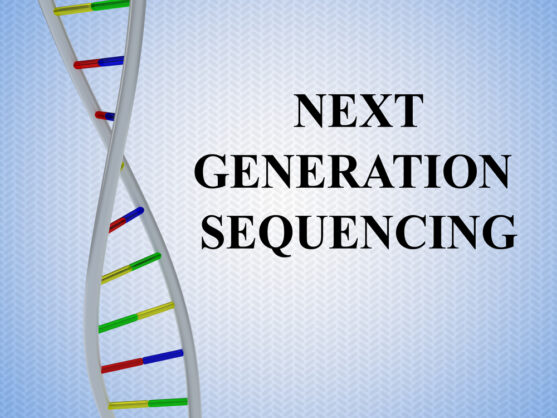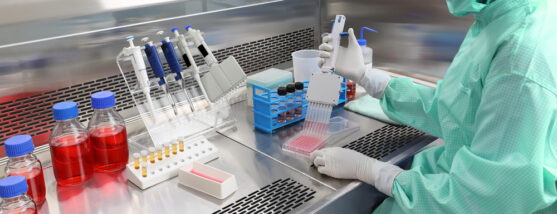Next-generation sequencing is an advanced technology to study the changes in genes that cause cancer.

Why Should We Take NGS Tests?
- To identify chances of cancer inheritance from parents to children.
- To identify the risk of cancer in people who don’t have a family history of cancer.
- To diagnose cancers that are caused by gene changes.
- To get the personalized treatment that suits best for the cancer type.
- To identify new and rare cancer mutations efficiently and accurately.
- To identify cancer by studying molecules such as proteins, DNA, and RNA in a tissue or fluid, for appropriate targeted therapy.
NGS has an important role in understanding the biological processes of diseases like cancer and personalizing patient care. It is an easier and more rapid method to diagnose cancer.

Single Test – Multiple Cancers Diagnosis
NGS has been successfully performed to identify mutations causing lung cancer, bladder cancer, kidney cancer, prostate cancer, blood cancers, and many more. No need to undergo multiple tests, a single test is enough for all mutations.
Other Names For NGS:
- Deep sequencing
- Massively parallel sequencing
- Second or Third generation sequencing (first-generation sequencing is the traditional Sanger method)
Advantages Of NGS Compared To Traditional Techniques:
- Many samples can be tested simultaneously
- The rate of genetic changes detection is higher
- It will give no false positives or no false negatives
- It is available at a lower price compared to traditional DNA sequencing methods
- Previously undetected gene changes can also be identified by NGS
Traditional methods require intense work still they can test a few samples. So, traditional sequencing was only performed on specific samples that are strongly suspected to have an incidence of cancer.
NGS – Personalizing Cancer Treatment:
NGS detects what gene changes caused cancer by testing multiple fragments of DNA. After finding the exact genetic changes causing cancer, a team of clinical and genome sequencing experts then design personalized treatment that suits best for that type of cancer.

How Is The Next-generation Sequencing Test Done?
This test is performed by collecting blood samples. The collected samples are then tested with NGS machines and results are generated.
The obtained results will be discussed by the Sequencing Tumour Board (a panel of clinical and genome sequencing experts). Finally, they will design a personalized treatment plan depending on specific gene changes. If there are changes in more than one type of gene, combination treatments are suggested to treat both the gene changes.
When Will NGS Test Results Arrive?
It will take 14 – 28 days to get the results of NGS DNA tests. The results are 100% accurate. It doesn’t show false positives or false negatives.
How To Book NGS DNA Tests In India?
Onco.com is offering NGS tests at a reasonable price by specially trained NGS experts. You can contact us at 79965 79965 to book your NGS DNA test. Our trained staff follows standardized protocols for performing NGS DNA tests.
What Is The Cost Of An NGS DNA Test?
To know the cost for your NGS DNA test, contact a Care Manager on 79965 79965.

